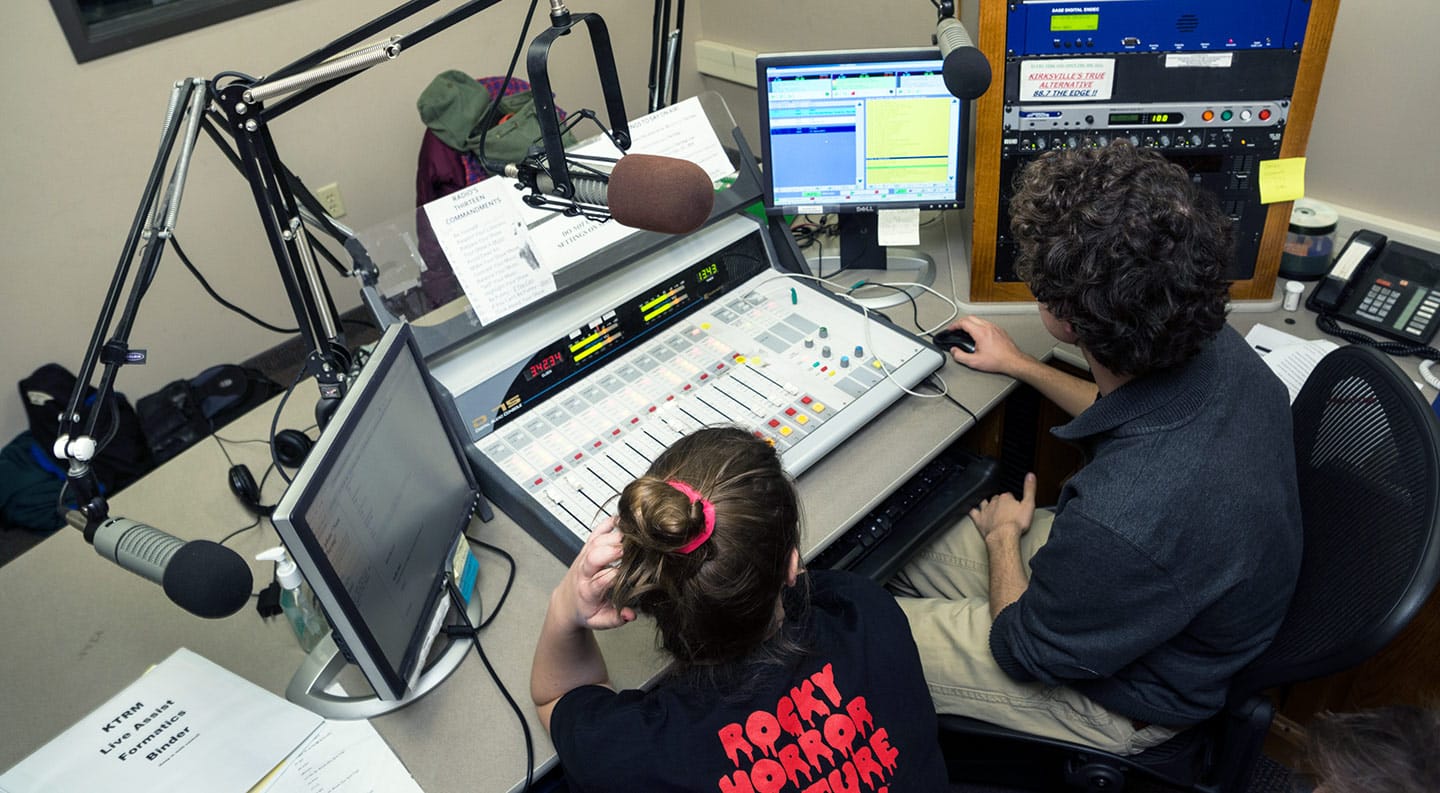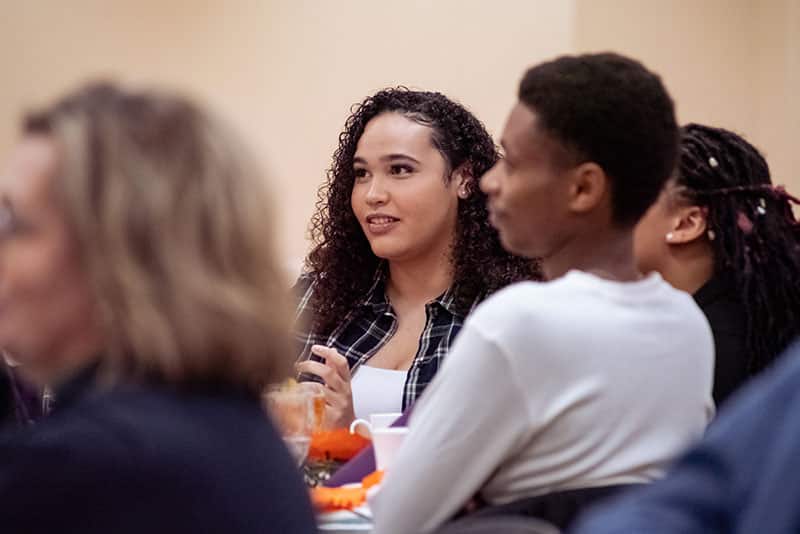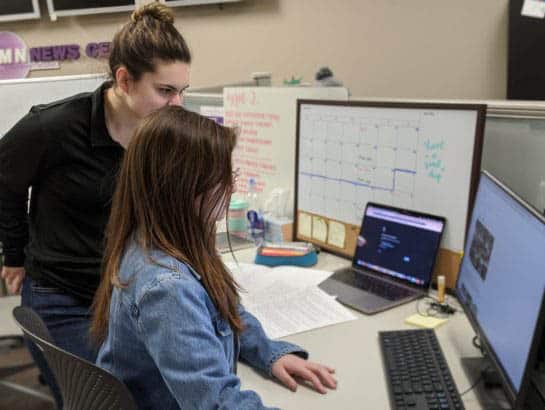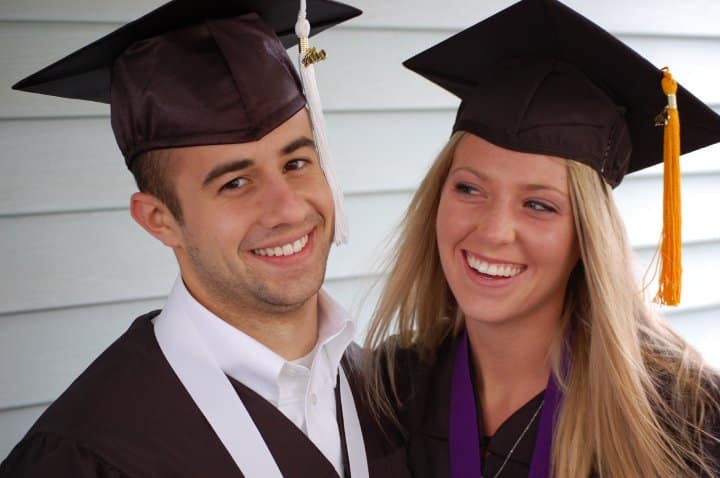Communication Major (BA)

Gain a comprehensive understanding of the principles that guide human communication in a fast-paced, ever-changing world. The Communication major prepares students for a wide variety of careers, graduate school, or law school. The program promotes the technical, creative, and critical-thinking skills necessary to become a professional in the field. It also assists students’ personal, professional, and civic development to prepare them to become citizen-leaders in their communities.
Concentration Areas
You have the flexibility to select the area of focus that's the best fit for your career aspirations.

Relational Communication
Students in this emphasis are fascinated by the interrelationships of people. Those connections can be personal or professional, and in individual, group, or organizational settings. The study of Relational Communication prepares students to work with people, such as careers in counseling, consulting, management, or ministry.

Corporate Communication
The study of Corporate Communication focuses on interactions in the workplace. Students in this emphasis learn how businesses communicate with different internal and external stakeholders. This track prepares students for possible careers in human resources, management, or consulting.

Strategic Communication
Strategic Communication as an emphasis area privileges external audiences. Students learn the ways organizations communicate with customers, stakeholders, and the public. Potential careers include public relations, event planning, advertising, or social media management.

Argument and Speech
The study of Argument and Speech emphasizes teaching and coaching communication. In this emphasis, students learn the performative aspects of communication, how to construct effective arguments and public presentations, and how to explain these concepts to others. The track is for students interested in becoming educators and speech and debate coaches, attorneys, and communication consultants.

Activism and Advocacy
The Activism and Advocacy emphasis teaches students the tools of persuasion as a means to serve the multiple communities to which they belong. Whether through politics, social movements, organizing, or volunteerism, students learn the communication strategies activists employ to launch and maintain campaigns to make their community a better place. Careers include working in political campaigns, community organization, working for non-profits, and the law.
Career Paths
Featured Courses
Student Opportunities

Practice while you learn! You can explore the fields of communication as a member of one or more departmental organizations.
Write for The Index, the student newspaper (online and print). Host a radio show on KTRM-FM. Produce news packages or promotional videos with KTRM Studios. Create an advertising campaign for a local organization with the Ad and PR Club. Promote communication as a discipline when you join Lambda Pi Eta, the national Communication honor society. Got a sense of humor? Do stand-up comedy with UpChuckles.
In the Communication and Theatre Department, new experiences await you.

Meaningful Outcomes
Alumni of Truman's communication program value the breadth of experience and knowledge they obtain. Learn how graduates apply the versatility of this discipline to a variety of different career realms.



